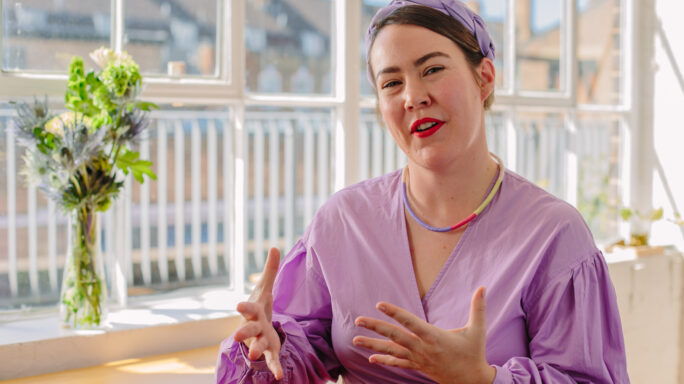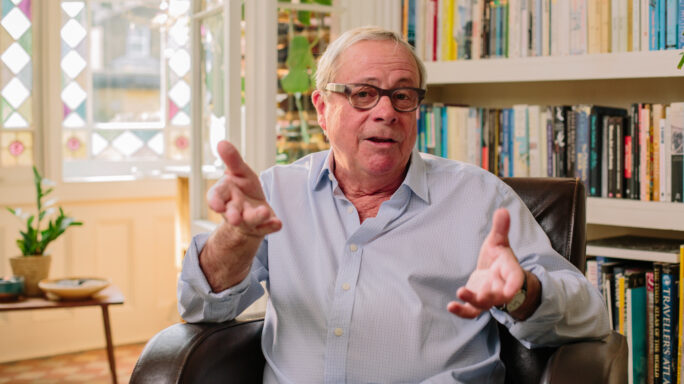Season 2: Unlocking productivity
Clear your mind and increase your productivity

In business, we all recognize the feeling of overwhelm or overload when there’s too much to do – emails, business plans, finances… But do you really need to get it all done? You certainly need to recognize ‘its’ existence and the need to do something about ‘it’. By giving yourself clear headspace, you’ll be able to think with clarity and focus on your current reality. Then you’ll be able to take control of your productivity.
Get clear space
A misconception about productivity is that we only feel productive if we can tick off all the things on our to-do list. If we can’t, we don’t feel that sense of completion. But real productivity isn’t about how much you get done. It’s about giving your head the clear space it needs so you can prioritize what can be done now.
Getting clear space means getting things out of your head that don’t need to be there – all the things that can drain and distract you. For example, if you know you have to change the tyres on your car in the next month or two, having that information in your head only fills space, rather than clearing it. Getting clear space like this also helps release energy that you can use to be more innovative, helpful, or creative in your business, and whatever you’re doing at that moment.
Be in the here and now
When I started out in the corporate training world in the early 80s, I was asked to speak to 1,000 managers and executives at a 2-day seminar. So what takeaways could I give all those people that they’d find valuable and real? I ended up giving them two: completion and creativity.
To me, they seemed to be the basis of everything.
We all need to complete things we’re engaged with, however big, small, or mundane.
But we also need to regain more mental space. This allows us to focus on other meaningful work and be accountable for anything we create.
So the strategic value of clear space really centres around acknowledging all the things that are in your head. Engaging with them, but keeping your brain free and clear so you can be present in the here and now, focus on your priorities – your current reality – and be truly productive.
Capture your things
But achieving clear space doesn’t mean ignoring things. If you’re familiar with using my methodology, the first step of that process is the ‘capture’ step. And that means emptying your head of all the things that have your attention and capturing them elsewhere.
Your head is a terrible office.
DAVID ALLEN
And if you have 20 or 30 things in there all vying for your attention, you won’t be able to clarify or organize them in any meaningful way, let alone focus on important things. And in ever-changing and uncertain times, there are probably even more things, either new or ongoing, that are filling that space.
So how can you take it all out of your head to reduce your stress levels and get the headspace you need to be truly productive? Capturing what’s in your head requires only a simple technique that we can all do – it’s just that most of us don’t use it consistently enough to get its full value.
Get it out of your head
Start by writing it all down. Using a pen and paper is perfect and getting it out of your head will give you the chance to take a step back, get perspective, and free your mind. This is a great first step to giving yourself the clear space you need while the items are left in list format for you to review later.
It won’t give you all the answers at this stage – that comes later as you clarify, organize, reflect, and engage with each thing. But it will allow you to be more objective and make a decision about what you need to tackle first and what can wait.
So understanding the strategic value of clear space and how it can help free your mind is a great starting point on the path to stress-free productivity.
Good luck – and stop using your head as your office.





Leave a comment